The number 57 is not just a resolution
At the Human Resources Development Forum - a new impetus to implement Resolution 57/NQ-TW recently organized byFPT Corporation in coordination with ministries and branches, Dr. Le Truong Tung, Chairman of the University Council (FPT University) said that in the context of rapidly changing science and technology and the spirit of innovation clearly expressed in important resolutions of the Central Executive Committee, the school is very aware that: Education cannot continue to operate in the way it did 3 to 5 years ago.
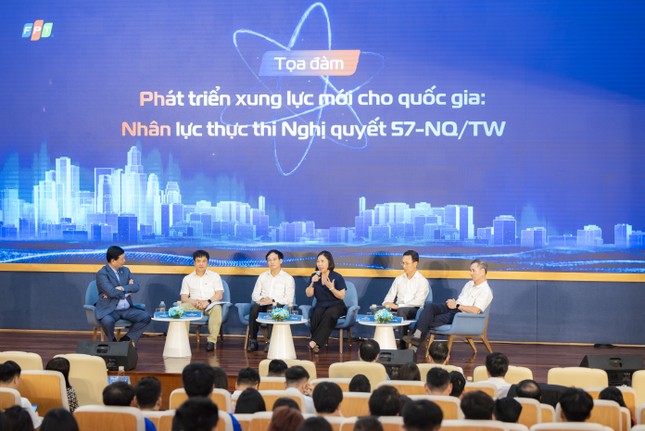 |
Seminar on developing new impulses for the country |
“We are facing many challenges – typically the strong penetration of artificial intelligence (AI) into most socio -economic fields, leading to fundamental changes in learning methods, learning content and learning objectives,” said Mr. Tung.
From that, he believes that the urgent thing now is to re-ask the question: How should the training program content change to suit the new context?
With a series of resolutions such as 68, 59…, if there is no profound innovation in education , the young generation will lack many essential skills and will not be able to play their role in the new era. At that time, it is clear that educational organizations such as FPT will not fulfill their mission.
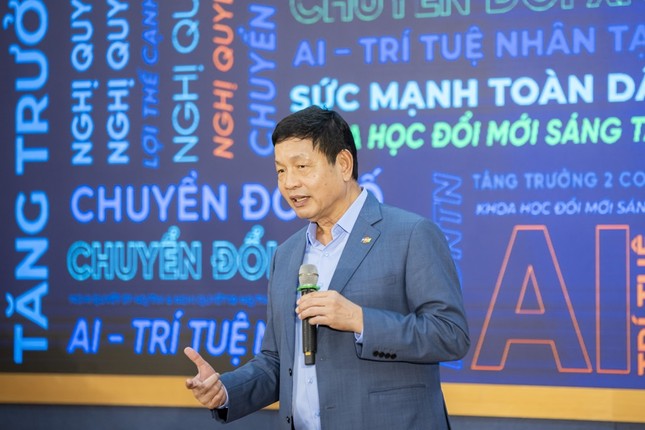 |
Mr. Truong Gia Binh, Chairman of FPT Board of Directors, affirmed that human resources are the core for national development in the era of growth. |
Mr. Truong Gia Binh, Chairman of FPT Board of Directors, said that with the current speed of development, it is necessary to "run and queue at the same time" - even in the field of education and training. Recently, when working with the Hai Phong City Party Committee, the city's leaders asked FPT to immediately deploy a force of "57 engineers" to agencies and units. The number 57 is now not only a resolution but also a symbol of the great and drastic changes of the country, such as Resolutions 18, 68, 66, 59...
Currently, according to Mr. Binh, departments, branches and localities are ready to receive this force of engineers. Therefore, the requirement is to train urgently, to train practically, to train in an unprecedented time.
What does engineer 57 need?
Ms. Pham Thi Ngoc Thuy, Director of the Office of the Private Economic Development Research Board (Board IV) said that when talking about Resolution 57, we need to raise three main groups of issues: Science and technology, innovation and digital transformation. In both the public and private sectors, we need to clearly assess: Where is the lack of capacity, what kind of people are lacking?
Ms. Thuy affirmed that the group of personnel with in-depth knowledge of science and technology is currently in great shortage. In recent years, new topics such as emission reduction and green transformation have emerged strongly, but the team of experts and high-quality human resources is still not enough to meet the demand.
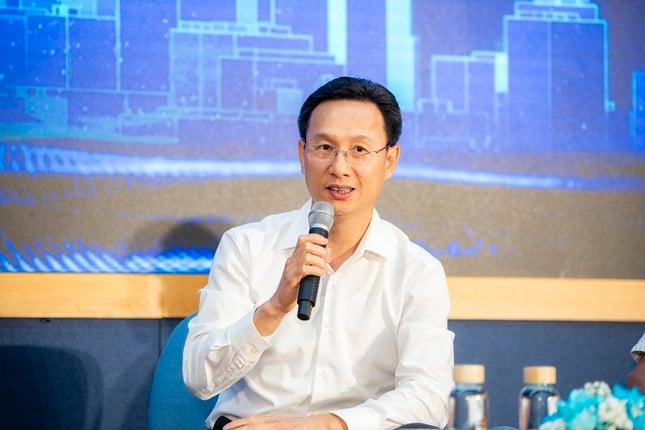 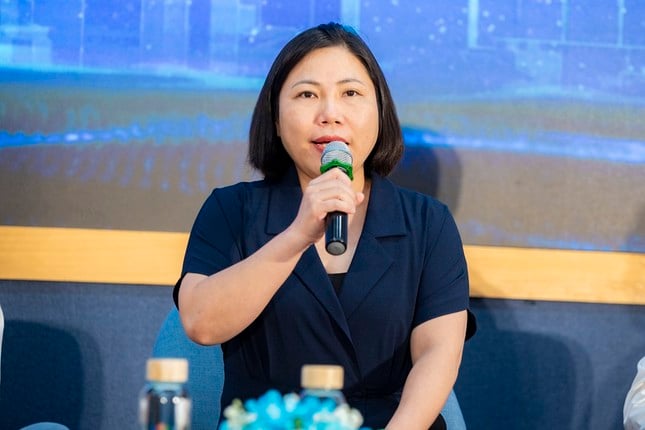 |
Speakers at the forum |
In digital transformation, although there is a fairly abundant IT workforce, when entering businesses, especially state-owned enterprises, there is still a lack of suitable workforce.
In the private business sector, there is a lack of “professional” managers – managers with in-depth expertise, who understand what digital transformation is, and need to be equipped with new knowledge and skills in the context of modern operations.
The public sector is under intense pressure to transform, but is severely short of talent. Concepts such as “data-driven governance” and “people-centricity” are being bandied about – but the question is: Who will deliver on these strategies?
In fact, for a long time we have placed the burden of digital transformation on the shoulders of the IT workforce, but now we see a serious lack of a team specializing in restructuring business processes - a vital factor in any transformation.
From that reality, Ms. Thuy proposed three groups of 57 engineers that need to be trained and developed:
Specialized science and technology engineers (deep understanding of the industry, such as banking, logistics, manufacturing, etc.); Smart administrators and managers (know how to apply data and technology to make decisions, modern management); Business analysts (connecting processes, data and technology, supporting the restructuring of operating systems). According to Ms. Thuy, these are the core forces if we want to implement Resolution 57 in a practical and effective manner.
Mr. Le Thanh Tung, Member of the Board of Directors of VietinBank, asked: “What do 57 engineers in the banking sector need?”. According to Mr. Tung, the bank is in dire need of personnel with capabilities in AI, cloud computing, and cybersecurity – key factors in the digital transformation process of the finance and banking sector.
In terms of management and operational thinking, the current team still lacks knowledge of modern methods such as Design Thinking, which is especially important in an environment of rapid innovation and transformation.
“We are also facing difficulties in implementing the digital banking model, the digital factory, which requires not only technological infrastructure but also appropriate human capacity,” Mr. Tung affirmed. Therefore, in the spirit of Resolution 57, a new generation of banking staff (also known as “57 engineers” – need to converge the following three factors: Having basic and updated knowledge of digital technology; having foreign language skills; knowing how to manage; having the ability to self-study, adapt flexibly to a changing environment and a spirit of innovation.
Mr. Nguyen Van Khoa, General Director of FPT Corporation, added that the 57 engineers need to have systematic thinking and legal knowledge.
Resolution 57-NQ/TW dated December 22, 2024 of the Politburo on breakthroughs in science, technology, innovation and national digital transformation. The goal by 2030 is that Vietnam's potential, level of science, technology and innovation will reach advanced levels in many important fields, among the leading countries with upper middle income; the level and capacity of technology and innovation of enterprises will reach above the world average; by 2045, science, technology, innovation and digital transformation will develop steadily, contributing to making Vietnam a developed, high-income country.
Source: https://tienphong.vn/se-hinh-thanh-nhung-ki-su-57-post1740304.tpo



![[Photo] Many dykes in Bac Ninh were eroded after the circulation of storm No. 11](https://vphoto.vietnam.vn/thumb/1200x675/vietnam/resource/IMAGE/2025/10/15/1760537802647_1-7384-jpg.webp)
![[Photo] Conference of the Government Party Committee Standing Committee and the National Assembly Party Committee Standing Committee on the 10th Session, 15th National Assembly](https://vphoto.vietnam.vn/thumb/1200x675/vietnam/resource/IMAGE/2025/10/15/1760543205375_dsc-7128-jpg.webp)


![[Photo] The 18th Hanoi Party Congress held a preparatory session.](https://vphoto.vietnam.vn/thumb/1200x675/vietnam/resource/IMAGE/2025/10/15/1760521600666_ndo_br_img-0801-jpg.webp)
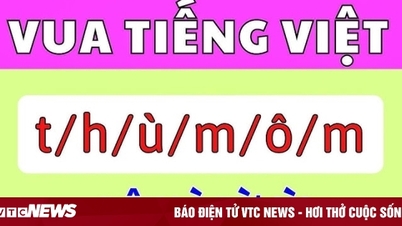






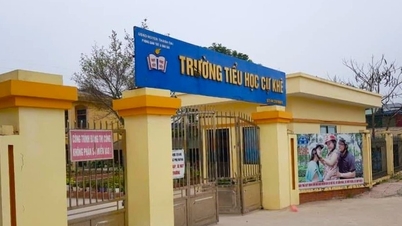



























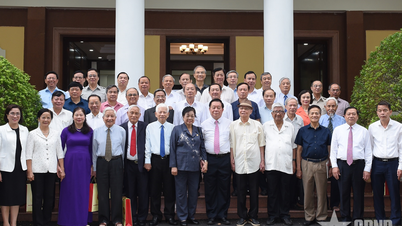



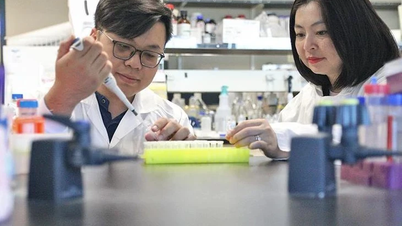

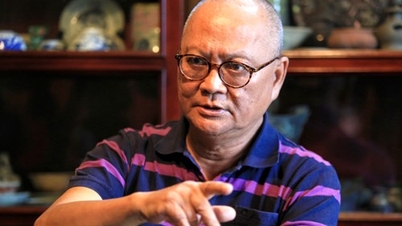
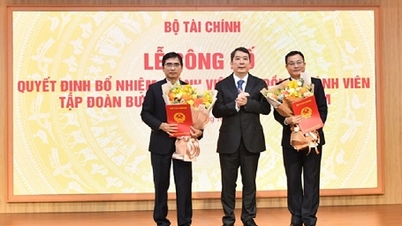

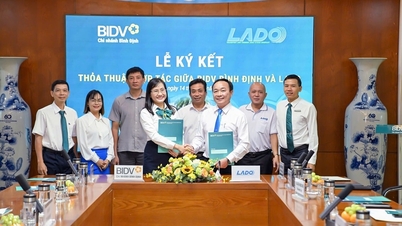











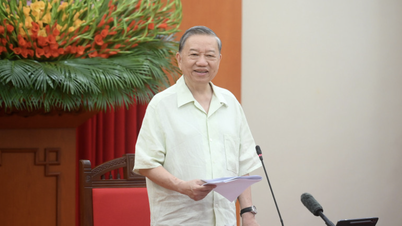

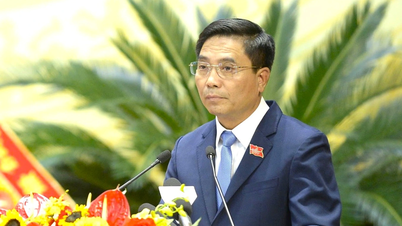
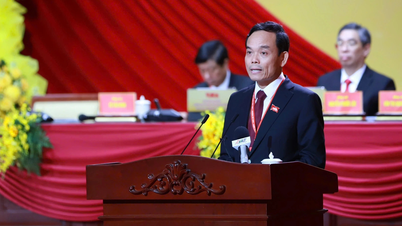
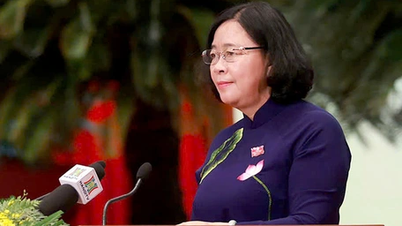

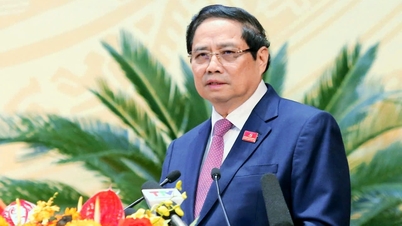
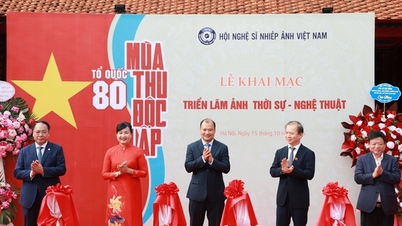


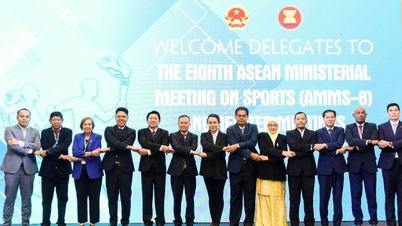
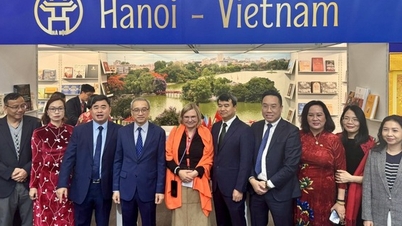
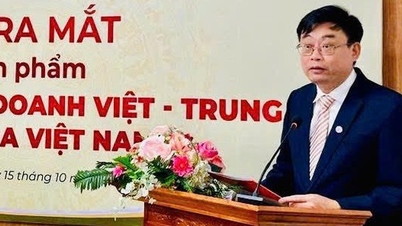

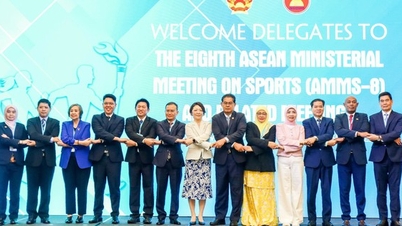




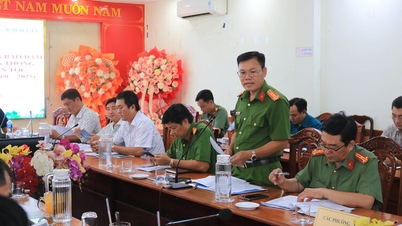



















Comment (0)